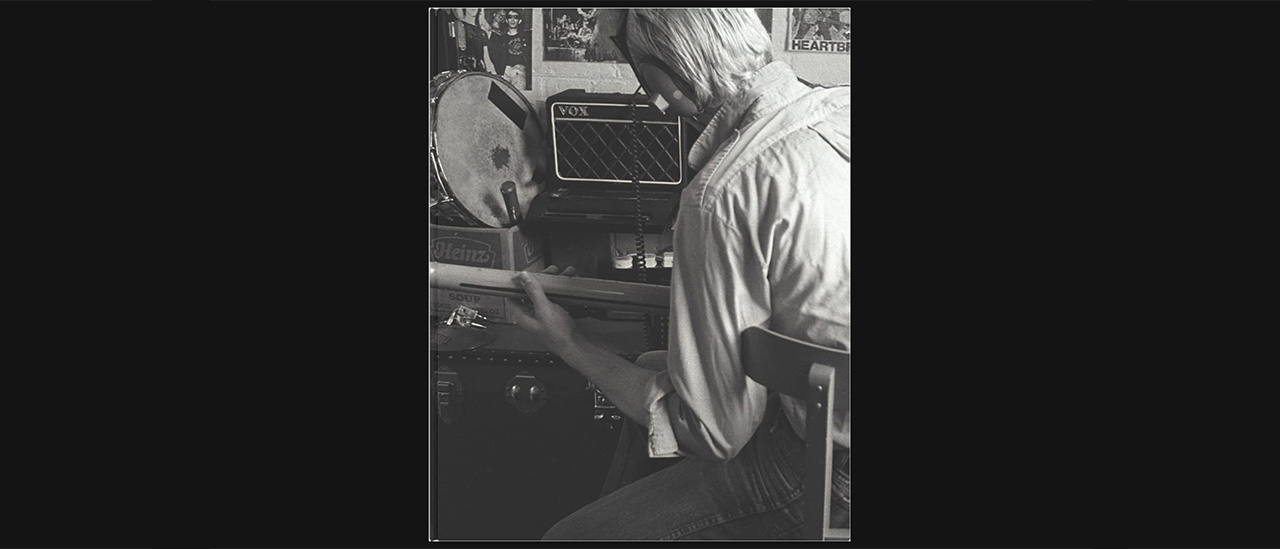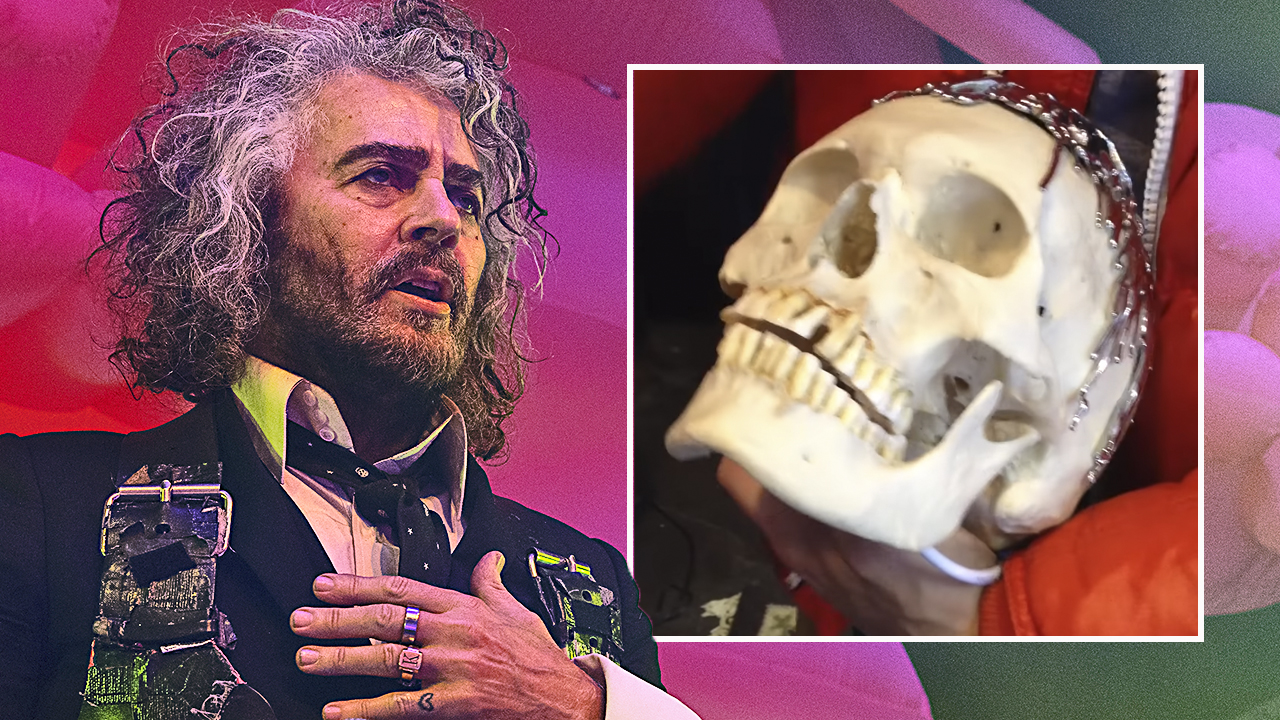You can trust Louder
“This is the story of a struggle, but don’t worry, it does get very cheerful,” writes Stewart Copeland in the introduction to his Police Diaries, a lovingly detailed and comprehensively illustrated chronicle of The Police’s years from formation to their first American tour.
While other groups opportunistically rode the post-Pistols bandwagon, few had a past as visible as at least two-thirds of the peroxide power players. Not just flirting with the enemy of the old guard, but in Copeland’s case literally sleeping with them, as the long-term partner of Sonja Kristina, lead vocalist of Curved Air, the group in which he drummed.
Guitarist Andy Summers had the joint distinction of being old (35 when he joined) and had played with Soft Machine and Kevin Coyne. It was only Sting who rose without trace, although his jazz rock roots were closely scrutinised. It seemed as if, as a result, The Police tried harder to break through, and without a shadow of a doubt did their 10,000 hours in punk toilets across the UK and backwaters throughout the US.
Copeland kept a diary from January 1976 to October 1978, just as the band properly took off. That document, published here as Stewart Copeland’s Police Diaries, encompasses not only the rise of a fledgling group, but the collapse of an old one, a lost London, and a forensic timeline of how prog turned into punk.
The grinding mundanity of motorway service stations and cross-Channel ferries are ameliorated by the almost illicit thrills of Indian meals, all captured in Copeland’s scrawl, updated with modern-day commentary. There is a glorious cast of figures throughout – some well-known and some long forgotten – to the point where Copeland helpfully offers a comprehensive who’s who at the start.
One of the highlights is a party at Copeland’s squat in Mayfair in December 1976, just after he has first met Sting and soon before Curved Air are to split. The shindig is for Al Stewart and his “bellbottomed backgammon elite”, no less, and is crashed by many of the Sex Pistols entourage, a day or so after they had terrorised Bill Grundy on Today. Copeland witnesses first-hand the changing of the guard.
With his pithy self-depreciation, he’s the perfect narrator for his own tale. Stopping as The Police transition from theatres to arenas, it offers a freeze-frame of all that had been before the global success and power struggles that lay ahead. Only docked a micro-spotter’s point for suggesting his brother would have been playing Chic in 1976, a year before they formed, Stewart Copeland’s Police Diaries is a rollicking, joyous ride that should not be missed.
Sign up below to get the latest from Prog, plus exclusive special offers, direct to your inbox!
The Classic Edition of the book is on sale now via Rocket 88.
Daryl Easlea has contributed to Prog since its first edition, and has written cover features on Pink Floyd, Genesis, Kate Bush, Peter Gabriel and Gentle Giant. After 20 years in music retail, when Daryl worked full-time at Record Collector, his broad tastes and knowledge led to him being deemed a ‘generalist.’ DJ, compere, and consultant to record companies, his books explore prog, populist African-American music and pop eccentrics. Currently writing Whatever Happened To Slade?, Daryl broadcasts Easlea Like A Sunday Morning on Ship Full Of Bombs, can be seen on Channel 5 talking about pop and hosts the M Means Music podcast.


